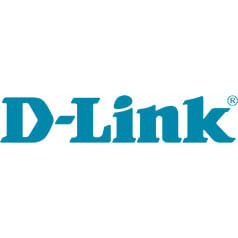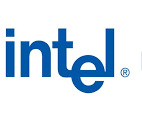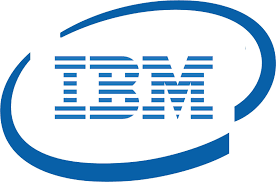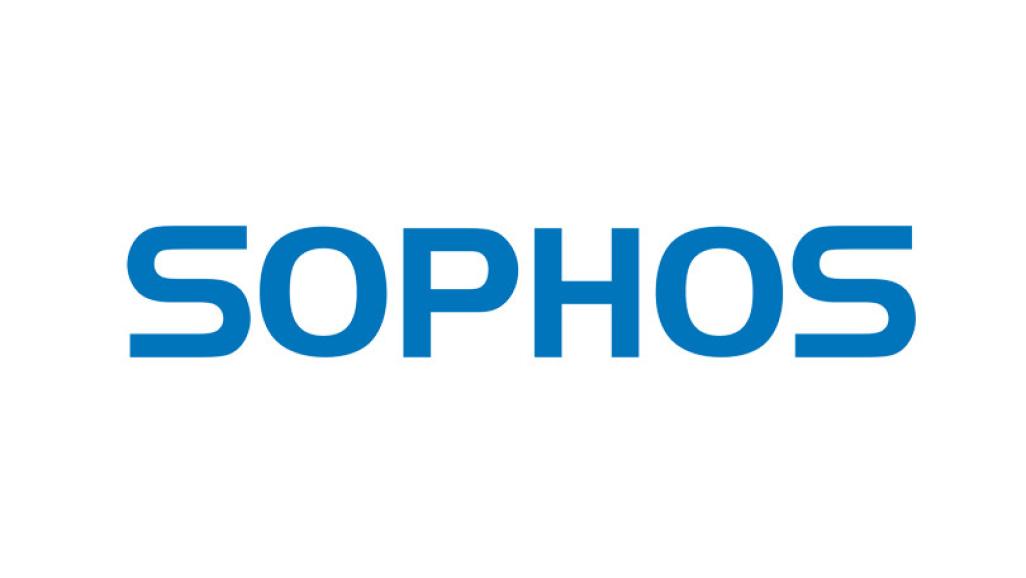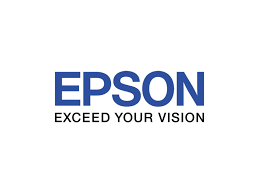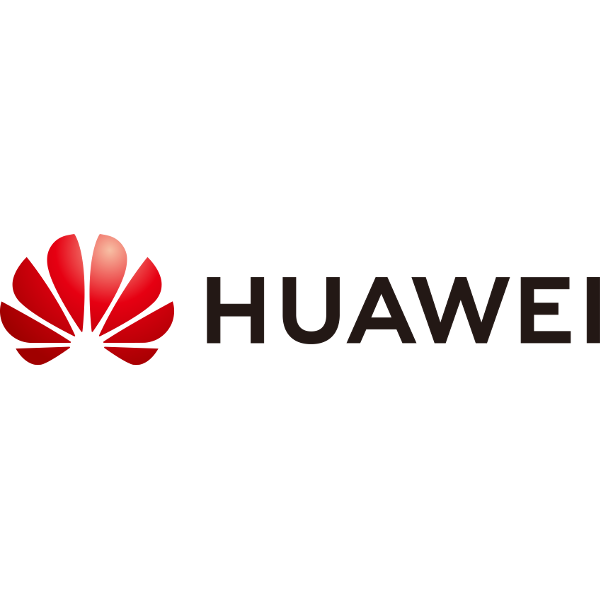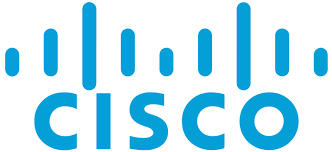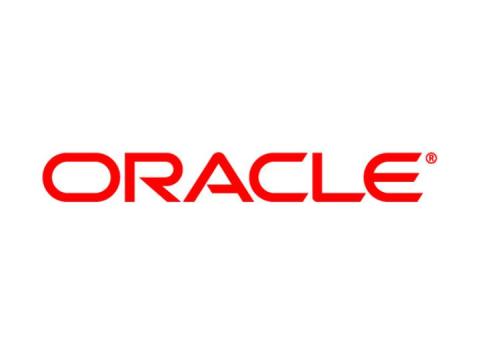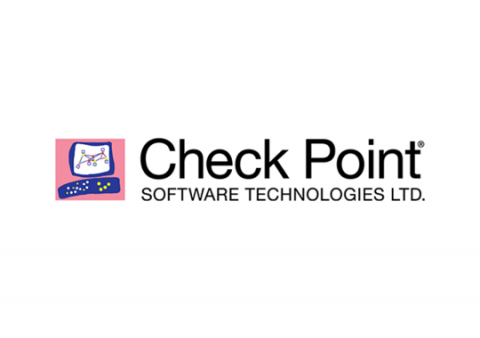Server Virtualization
It is the process of dividing a physical server into multiple unique and isolated virtual servers by means of a software application.
Get a Quote
Server virtualization attempts to increase resource utilisation by partitioning physical servers into several multiple virtual servers, each running its own operating system and applications. Server virtualisation makes each virtual server look and act like a physical server, multiplying the capacity of every single physical machine.
The concept of server virtualisation is widely applied in IT infrastructure as a way of minimising costs by increasing the use of existing resources. Virtualising servers is often a good solution for small- to medium-scale applications. This technology is widely used for providing cost-effective web hosting services.
server virtualisation can help business save on IT resources by cutting down on the need for more hardware. Companies save on servers by being able to monitor usage and reallocate workload among existing servers rather than separately managing each workstation’s capacity.
-
Microsoft Server Virtualisation
Hyper-V is designed to offer "enterprise-class virtualization" for organizations with a data center or hybrid cloud. This option is a common choice for organizations who want to virtualize workloads, build a private cloud, scale services through a public cloud, or combine all three. -
VMware Server Virtualisation
VMware vSphere is a popular hypervisor choice for organizations hoping to achieve some degree of virtualization. vSphere is highly configurable, which can make it an attractive choice for companies that are either going fully virtual or opting for a hybrid approach.
Other Server Virtualization Solutions Provided by Rise Tech
LET'S TALK ABOUT YOUR BUSINESS IT SOLUTIONS NEEDS
Unmatched Quality and Reliability !
What our Clients say about us
Rise Tech is a client eccentric company
Lorem ipsum dolor sit amet, consectetur adipiscing elit. Nunc viverra erat orci. Lorem ipsum dolor sit amet, consectetur adipiscing."
Lorem ipsum dolor sit amet, consectetur adipiscing elit. Nunc viverra erat orci. Lorem."
Lorem ipsum dolor sit amet, consectetur adipiscing elit. Nunc viverra erat orci. Lorem."



 Jhon smith
Jhon smith

